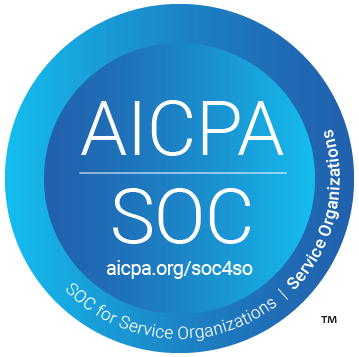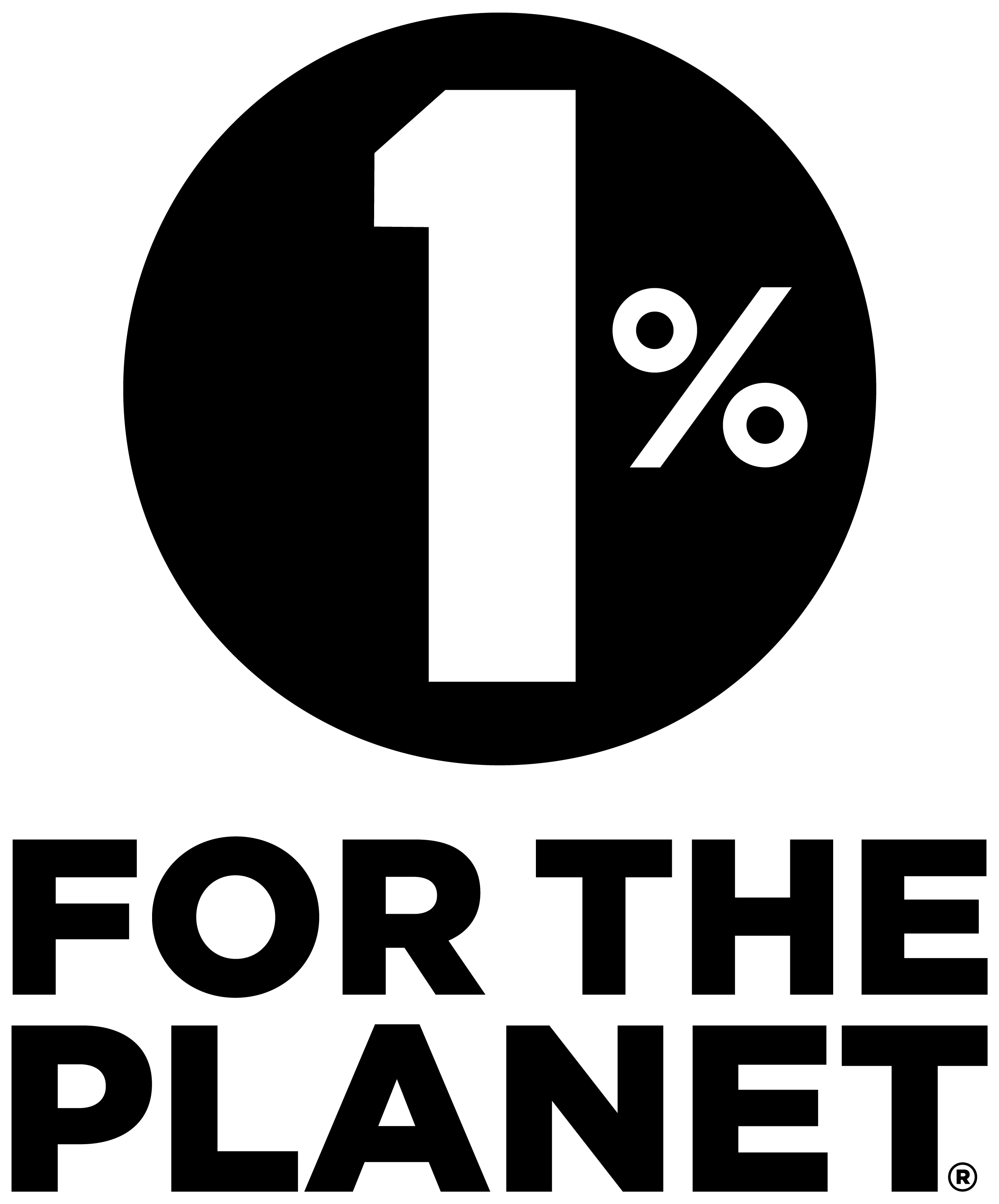You might expect that when it comes to climate, large companies have an unfair advantage over small companies.
The reasoning goes something like this: before companies find product-market fit, they do [climate] things that don’t scale. Only large, established companies have the luxury to step back as the flywheel spins, and optimize the inputs and outputs of their business. Large companies have the budget to hire dedicated ESG leads and sustainability consultants. And the carbon footprint of their operational overhead is defrayed across their millions or billions in recurring revenue.
Despite these realities, we believe the “unfair advantage” mostly flows the other direction. Early-stage companies have a clean slate, with none of the carbon-intensive baggage that larger companies face. For example:
- 🏢 Offices. Many startups today are remote-first or hybrid, and aren’t saddled with property or long-term leases. New companies that do have physical facilities are still likely to be leaner and greener vs. their forebears. Less real estate means fewer emissions from heating and cooling, etc.
- 🚗 Commuting. Remote-first or hybrid orgs have fewer commuting emissions.
- ✈️ Travel & Events. Companies born in the covid era have demonstrated that large, successful businesses can be built without making as many outside sales visits or attending as many conferences. There’s still no substitute for coming together IRL now and then, but companies and employees can be far more selective about what warrants getting on an airplane.
- ☁️ Cloud. Most new companies today are run on increasingly efficient cloud hosting and software, vs. running their own servers.
- 🏭 Data. Companies formed today have the benefit of context, knowing that carbon-intensive inputs will become increasingly expensive over the next decade.
Not to mention other tailwinds: grids are getting greener, renewable energy is getting cheaper, buildings are getting more efficient, EV adoption is reaching a tipping point, etc.
Hey startups — go net zero on day zero
Platform shifts create opportunity, and we’re headed for the mother of all platform shifts: the decarbonization of the global economy.
As startups, you have an unfair advantage — it’s much easier to build good carbon habits early, vs. retooling your business after having already invested large amounts of capital in carbon-intensive practices and depreciating assets. 'Carbon debt' is the new 'tech debt.' Increasingly customers, employees, and investors are rewarding companies that are proactive on climate. And the inverse is also true; polluting businesses will be at the mercy of developing regulation, penalties, and supply chain pressure. Just look at fuel prices; now is a great time to not be dependent on buying lots of gas. Broadly speaking, it’s more fun to be on the right vs. wrong side of a platform shift.
When you start early, you might be surprised to discover that ‘net zero’ is within reach. We don’t want to sugarcoat it; there are real costs. But let’s do some back-of-the-envelope math —
You’re a new YC company with $500,000 in the bank. Let’s assume half of this investment goes to payroll, and the other half is for everything else (AWS, flights, advertising, software, etc.). The average ‘emissions factor’ for purchases in the US is 315kg per $1,000. Emissions vary, but they’re in this range — a little lower on average in Europe, a little higher elsewhere. So your $250k of spend likely has somewhere in the ballpark of an 80 tCO2e footprint. You can undoubtedly do much better than the national average, armed with merchant-specific data as you decide which goods and services to purchase. But even if you chose simply to purchase 80 tCO2e worth of offsets (which we don’t recommend! but for sake of argument), you’re looking at $1,200 for typical carbon removal credits ($15 / tCO2e). And if you want to pull out the stops and pay an industry-leading $100 per tCO2e offset, blending in frontier carbon removal (Direct Air Capture, etc.), you’re looking at $8,000. Either way, for the price of a laptop (either an entry level MacBook or a souped-up MacBook Pro — you decide), you’ve set yourself down a net zero path. And traveling along this net zero path will help you win customers, hire and retain great employees, and prepare you for the future, as decarbonization pressure inevitably intensifies.
At Bend, our goal is to help companies along their climate journey. The earlier you start, the easier the transition (and we offer startup discounts!). Please request a demo to learn more.


